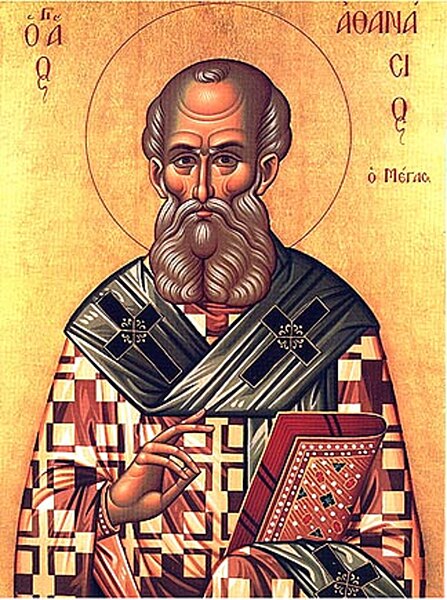Time and Eternity (philosophy book)
Time and Eternity - An Essay on the Philosophy of Religion is a philosophy book written by Walter Terence Stace. At the time of writing, Stace was a professor of philosophy at Princeton University, where he had worked since 1932 after a 22-year career in the Ceylon Civil Service. Time and Eternity was one of his first books about the philosophy of religion and mysticism, after writing throughout most of the 1930s and 1940s that was influenced by phenomenalist philosophy.
Time and Eternity (philosophy book)
"Thus when Plotinus speaks of "the flight of the alone to the Alone,"... [this] evoke[s] in us a measure of the same experience which the author of them had."
“The Upanishad says flatly that Brahman "is incomprehensible, for it cannot be comprehended". The creed of St. Athanasius agrees with the Upanishad: 'The Father incomprehensible, the Son incomprehensible, the Holy Ghost incomprehensible. . . . Yet not three incomprehensiblies, but one incomprehensible.'"
Walter Terence Stace was a British civil servant, educator, public philosopher and epistemologist, who wrote on Hegel, mysticism, and moral relativism. He worked with the Ceylon Civil Service from 1910 to 1932, and from 1932 to 1955 he was employed by Princeton University in the Department of Philosophy. He is most renowned for his work in the philosophy of mysticism, and for books like Mysticism and Philosophy (1960) and Teachings of the Mystics (1960). These works have been influential in the study of mysticism, but they have also been severely criticised for their lack of methodological rigor and their perennialist pre-assumptions.
Stace Road in Colombo is named after the city's former mayor, W. T. Stace


!["Thus when Plotinus speaks of "the flight of the alone to the Alone,"... [this] evoke[s] in us a measure of the same experience which the author of th](https://upload.wikimedia.org/wikipedia/commons/thumb/e/ee/Plotinos.jpg/501px-Plotinos.jpg)

